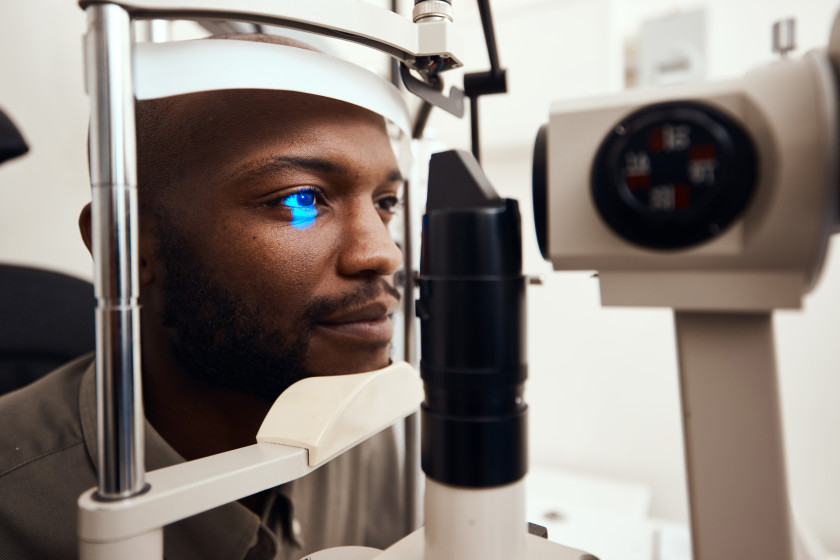
Understanding Night Blindness: Symptoms, Causes, and Treatments
By Dr. Nathan Kluttz
Nyctalopia, commonly known as night blindness, is a condition that impairs the ability to see in low light or darkness. For those experiencing night blindness, activities in dark environments can feel as challenging as trying to drive with very dim headlights or moving around in a power outage with only a few candles for light.
Symptoms of Night Blindness
Night blindness primarily affects vision in poorly lit settings, making it difficult for the eyes to adjust to dim light. This results in a lack of clarity when trying to discern objects or details in darkness, posing challenges for everyday activities in such conditions.
One of the primary areas impacted is driving, as individuals with night blindness have reduced visual sharpness necessary for safe navigation in dark environments. Additionally, bright LED headlights can exacerbate the condition, as the intense glare from these lights can be particularly overwhelming.
Causes of Night Blindness?
Refractive Errors
Common refractive errors like myopia (nearsightedness) and astigmatism can lead to night blindness. These errors affect how light is focused in the eyes, and improper focus on the retina can blur objects and create excess glare in low light, contributing to night blindness.
Ocular Nutrition
A deficiency in Vitamin A, crucial for healthy eyes and clear vision, can also result in night blindness. Insufficient vitamin A intake affects the eyes' functionality, particularly in dim lighting conditions.
Eye Diseases
Conditions such as retinitis pigmentosa, which deteriorates the cells in the retina, can cause night blindness. Similarly, issues with the optic nerve, the crucial link between the eyes and brain, can also lead to night blindness if the nerve's ability to transmit visual information is compromised.
Treating Night Blindness
Experiencing symptoms of night blindness warrants a visit to an eyecarecenter optometrist for a thorough eye examination. The optometrist can diagnose the cause and suggest appropriate treatment.
For night blindness caused by refractive errors, corrective lenses such as glasses or contacts might be prescribed. Increasing vitamin A intake is also often recommended to enhance overall eye health.
In cases where night blindness is due to an underlying eye disease, the treatment focuses on managing the symptoms and slowing the disease's progression. Regular eye check-ups are crucial for monitoring and addressing the condition effectively.
Night Blindness Prevention
Proactive measures are key to managing night blindness, especially for those with a refractive error or diagnosed eye disease. Wearing anti-reflective glasses can significantly reduce glare from bright lights, a boon for those who struggle with LED headlights while driving at night.
Maintaining a diet rich in vitamin A, including foods like carrots, sweet potatoes, and dark leafy greens, is vital for eye health. Regular visits to your eyecarecenter optometrist are essential for early detection and treatment of any eye conditions. To take the first step towards clearer vision, schedule an appointment at an eyecarecenter near you.
Summary
Night blindness affects the ability to see clearly in dark or dim conditions. Understanding its causes, symptoms, and treatment options is crucial for minimizing its impact on daily life, such as night driving. Addressing the root causes, using appropriate eyewear, and adopting proactive lifestyle changes can significantly improve night vision and ease navigation in low-light environments.
About the Author
Nathan Kluttz, OD
Dr. Nathan Kluttz, OD, practices full-scope optometry at the EyeDoctors Optometrists location in Ottawa, KS. Dr. Kluttz serves as the Area Medical Director, a position granted by the Medical Executive Board at EyeCare Partners. In this role, he helps hold our expert eye doctors to the highest standard and assists in onboarding our new optometrists.